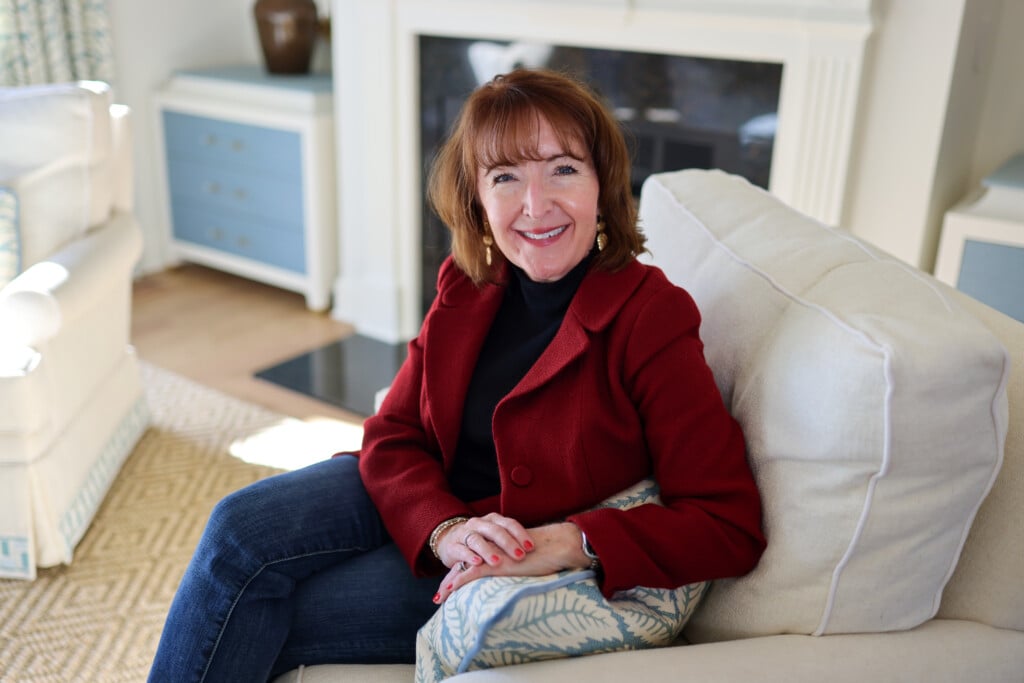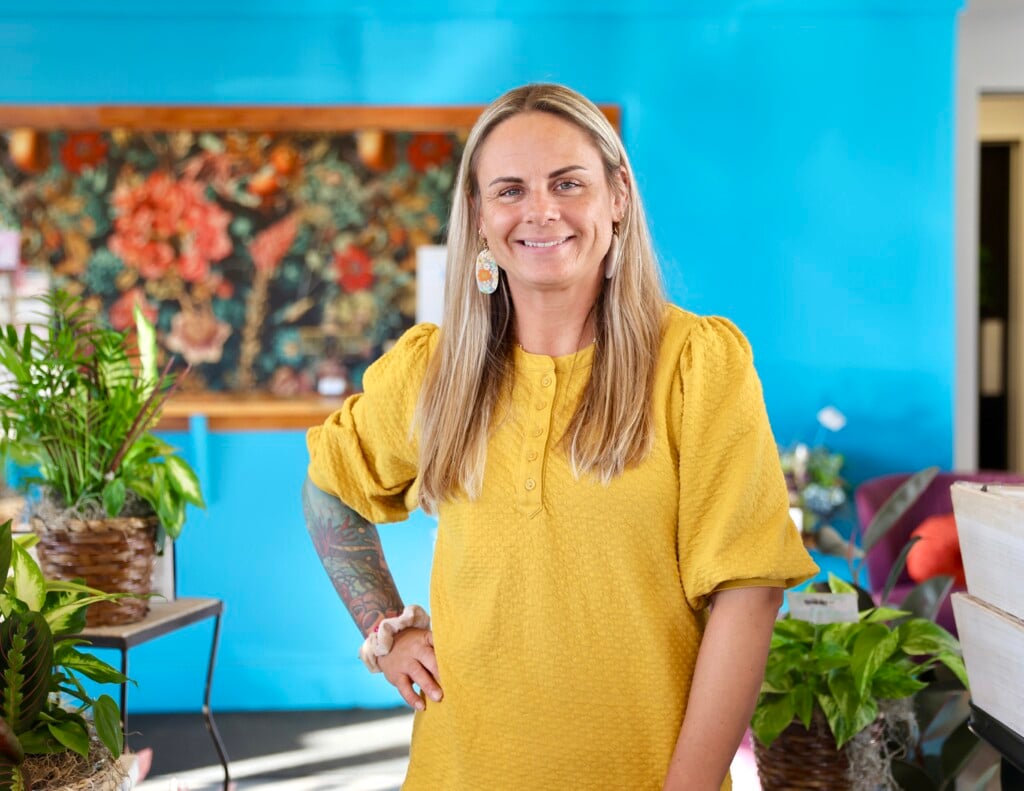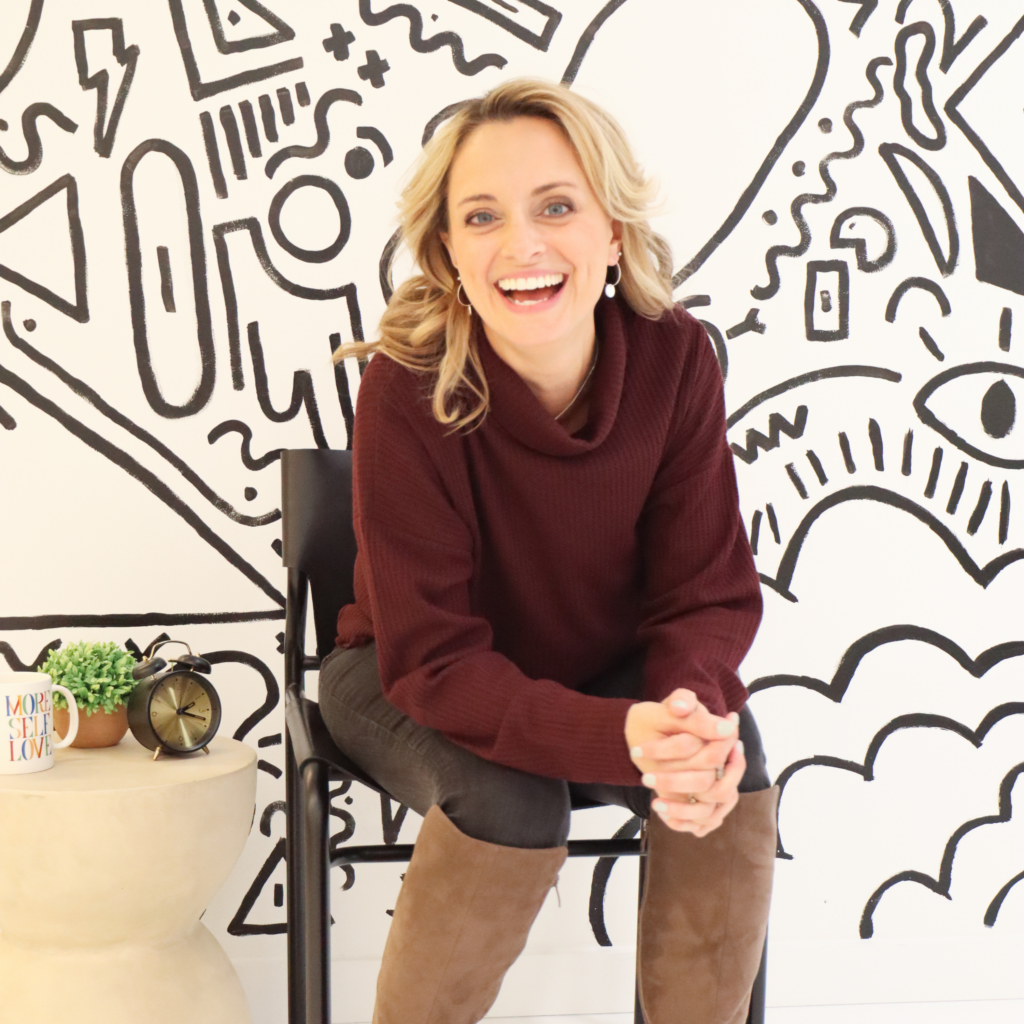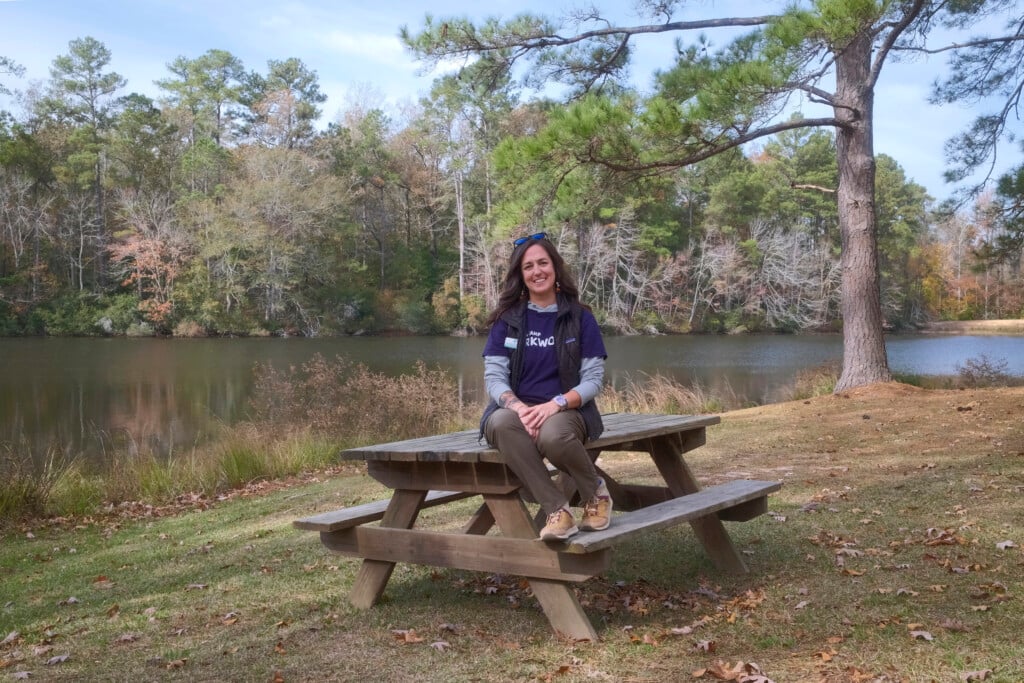Planting Inspiration
Plant ecologist shares joy of local flora
 At the conclusion of his novel Candide, Voltaire advises that, for the world to be a better place, we should all cultivate our own garden. GABRIELLA DE SOUZA is doing just that — literally and figuratively. Through her multiple endeavors, de Souza, a plant ecologist, nurtures both plants and people.
At the conclusion of his novel Candide, Voltaire advises that, for the world to be a better place, we should all cultivate our own garden. GABRIELLA DE SOUZA is doing just that — literally and figuratively. Through her multiple endeavors, de Souza, a plant ecologist, nurtures both plants and people.
“I get bored quickly,” she says when asked why she continues to sow new seeds, from teaching classes and workshops to raising, selling, and preserving flowers. Recently, she began to create jewelry made from her own resin-preserved flowers and sells her creations on her website, theplantecologist.com.
Asked to define ‘plant ecologist,’ de Souza explains that ecology is the study of organisms and their connection to the environment. Plant ecology, then, explores the relationships between plants and their environments.
“It can involve studying how to improve the environment, restoring it or preventing any sort of damage,” she says. “Or you could study a specific species and (how to) better the environment through that one species. Usually, you find all these connections among organisms and see how, if you remove one species, that would greatly affect the other organisms in the environment. That is what a typical plant ecologist could do.”
De Souza discovered her calling over the course of several years. She double-majored in biology and environmental sciences at University of North Carolina Wilmington, dreaming of a career as a microbiologist. The reality was less than dreamy.
“I worked at a pharmaceutical company for a while, doing environmental monitoring, but I didn’t like it,” she says. “I was stuck in a lab all day and didn’t get to interact with people. I am a people person.”
Deciding she needed a career booster, she headed back to UNCW for a master’s degree in biology. Her graduate adviser specialized in tropical plant ecology and agroforestry. When he got a grant to study cacao trees in Belize, he included de Souza. The experience helped her discover a new purpose and passion.
“In the spring of 2021 I went to Belize and stayed there almost a month,” de Souza says. “I helped to identify factors that would help people cultivate (cacao trees) better.”
The team learned that growing certain plants nearby enhances the yield of crops like cacao. The concept, de Souza says, is called intercropping, and the UNCW researchers found that planting beans near the cacao trees made for greater production.
Intercropping is an ancient practice, she adds. “It was a cultural thing with Native Americans: they planted squash, corn, and beans together. The intercropping effect is so influential that it sustained societies forever.”
De Souza’s experience in Belize piqued her interest in plant ecology.
As she finished her master’s, de Souza taught some biology classes at UNCW and joined the science faculty at Cape Fear Academy. A friendship with a neighbor also propelled her involvement in plant ecology.
“We bonded over plants,” de Souza says. “In 2021, she gave me some extra seeds, which I planted in the start of what became a flower patch. When she died, I dedicated the flower patch to her. It’s an acre, and one-third of the acre is just wildflowers.”
De Souza sells her flowers and plants at farmers’ markets, enjoying the interaction with people she meets. Her career has flowered, too. After joining a meet-up group on Yelp, she was asked to teach a plant-potting class. That led to a workshop on flowers and using flowers and plants in décor.
“I loved doing that so much I decided I could do more workshops,” she says. “People attending these workshops actually want to be there; that’s the kind of teaching I love so much. I was getting more requests for workshops, so I asked Joe Apkarian, the owner of The Eagle’s Dare (in downtown Wilmington), if I could hold a workshop there.”
That session, held on Earth Day 2023, led to a new business relationship that’s proved beneficial to both de Souza and Apkarian: she has an accessible and interesting place to hold her workshops; he can expose his bar and event space to new audiences.
De Souza continues to push into new plant-related ventures. She has mastered the technique of preserving live plants in resin and now makes jewelry from the flowers of her field. She also teaches others how to grow, press, and preserve flowers and other types of foliage. Her website offers both the jewelry and tickets to her workshops on topics that now include exploring fruits, learning the art of Japanese moss balls, cultivating lichens, and growing culinary herbs.
People who attend her workshops, de Souza says, “are learning, meeting new people, and creating something and taking it home. Plant ecologists have evolved into connecting with the community and (studying) how we interact with each other over science and plants.”
To view more of photographer Daria Amato’s work, go to dariaphoto.com
Want more WILMA? Click here to sign up for our WILMA newsletters and announcements.



